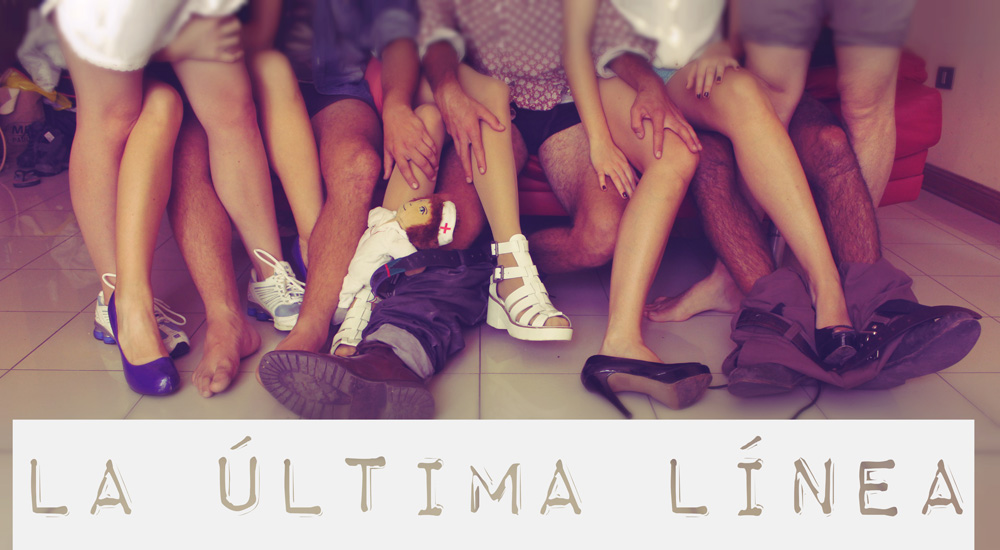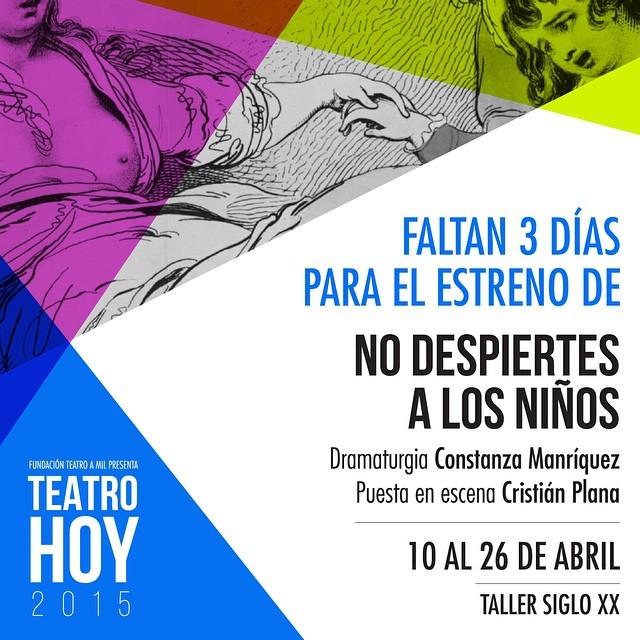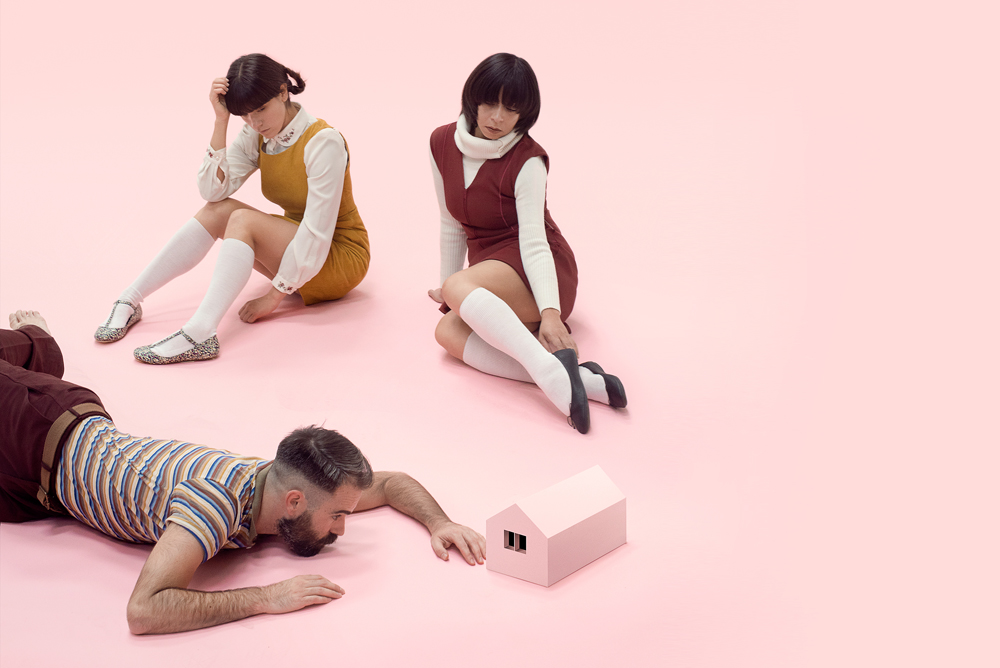My dear friend Christian Hirsch is dead. I met him in 2007 when I first stayed in the house I rented every summer until this year in Bayreuth. He was our neighbour. Born in 1922, he was a goldmine of information about the Nazi period that he experienced as a teenager, his membership of the Hitler Youth - We had to join, it would have been dangerous if we hadn't - and the Second World War, that he entered in 1940, aged 18. He spent a few years in Russia before being posted to France. A tailor, haberdasher, gentlemens' outfitter - call it what you will - Christian was a lifelong pacifist, devoted to his namesake faith and an enthusiastic Gideon. I still have the Bible he gave me. I particularly remember him running up the steps to our house - he was 86 at the time - imploring my help to pick up his other neighbour who had fallen over and who was too weak to get up on his own. He'd already tried, but needed another pair of arms.
Christian would pop round with a pot of honey from his bees, a punnet of strawberries or anything else seasonal he picked up. He never stopped thinking about other people and loved to speak the little French he knew to the Fingernails. His father had built the house where he lived. It's semi-detached, the neighbouring house having been built by one of Siegfried Wagner's boyfriends so he could be near the theatre and the object of his affections. It is now the property of a wonderful family who seem to have taken great care of him over the last few years.
These last two summers, I saw much less of Christian. Age was catching up with him, despite strong family genes. His father had lived to the age of 99 and his GP had not been tender to the son concerning his lack of progeny: With genes like those of your family, and you have no children? Why, it's almost morally reckless! After asking the gardener and his niece when a good time would be to see him, I was told to ring around noon, pretty much any day. The following day, I did. His wife told me he'd be out in a few minutes and that I was to wait in the gazebo. It was a wonderfully sunny day. Five minutes later, Christian came out of the front door and started singing an old German summer camp song at the top of his voice. 'Do you know it?', he asked? 'No'. He then gave me the entire history of the song before we sat and chatted about World War II and what had happened since. He was eager to see Mrs. F and the Fingernails, whose chatter and singing he loved to listen to as it wafted over from our garden.
Living where he did, he was well-placed to comment on an important slice of German history. Just behind the Festspielhaus, he remembers hearing the Sieg Heils raised in honour of the Führer's speeches from the terrace of the Königsloge (pictures a-plenty on Google…), greeting Furtwängler, and, a few years later, Harry Kupfer, as they passed in front of the house on their way to work (Furtwängler rented a flat in Dalandweg, just off Isoldenstrasse where I lived; Kupfer a couple of doors down from me). Isoldenstrasse runs into Christian's 'street' via a footpath; it's traffic-free, pollution-free and as near to urban paradise as you can get: at the end of the path, you can either turn left and go straight to the Festspielhaus, right to go to the Sankt Georgen Forest or straight on into meadows. Christian knew how fortunate he was to live in Bayreuth and loved his home town till his dying day.
I probably won't be going back to Bayreuth ever again, but it's not seeing Herrn Hirsch that touches me more.

Wednesday 18 November 2015
Sunday 12 April 2015
Back in Santiago, being terribly cultured, you know.
For those of you passing through, hoping to catch a spicy pic of Deauxma's twin peaks, let me apologise now. I'm back in Santiago de Chile, now seemingly a biennial trip to the southern hemisphere and will regale you with nothing more than a list of all the things I've had time to do here which I rarely have time for back home. I flew out the day after the Germanwings Airbus A-320 was used as a rather selfish personal statement by the co-pilot, I won't dignify him by naming him, suffice to say one of my colleagues was on the plane…
So, besides coaching Rusalka, Il Turco in Italia, I Due Foscari, The Rake's Progress, Madame Butterfly, Cavalleria Rusticana and I Pagliacci I've managed to visit the abandoned mining town of Sewell, take a trip back to Los Dominicos and have seen the following events:
(This last one is called Hijos de…and is on at Teatro del Puente).
As for the the Japanese films, I had to overcome the reluctance to see something in Japanese with Spanish subtitles, but I'm glad I did. They were both superb, especially Like Father, like son. As for Joven y Bella (Jeune et Jolie), it was utter shit. Typical François Ozon: irrelevant, pointless, incoherent. And those are just the compliments. If you want good navel-gazing, watch Avant l'hiver (Antes del invierno frio). It's really well done. I honestly don't know what planet Ozon lives on if he thinks his work has something to say. He lacks the most basic screenwriting and character development skills. I just don't know what all the fuss is about. As for Ida, I'd never have guessed that a black-and-white Polish film about an unknowing Jewish nun in the 1960's would be so gripping. Just goes to show…See it if you can.
If I get to squeeze anything else into my stay, here, I'll add it. What I love about Santiago is how many independent cinemas and theatres there are, even though there is - in my very humble opinion - a slightly negative aspect to this: the alternative performing arts scene is resolutely left-wing and it's almost like the period 1973 - 1991 has been airbrushed out of the collective memory. For those of us fascinated by the country and wishing to form a balanced view of, at least, the twentieth century, it's not easy to get access to any objective reports of what happened between Salvador Allende and Patricio Aylwin. I can understand it, particularly as so many neighbouring countries had military dictatorships at the same time, but it makes objective research tricky. Here's an example: right next door to my digs is a large cultural centre named after Gabriela Mistral. It was built by Allende as an arts centre and subssequently appropriated by the junta as their centre of operations and renamed Edificio Diego Portales. I'm sure the name was no accident. Diego Portales was a controversial statesman in the 19th Century, an unashamedly right-wing entrepreneur and politician and murdered at age 43. A university in the city still bears his name. Anyhow, the building was renamed after Pinochet's ousting and hosts an excellent bookshop containing, as one might expect, a very comprehensive history and politics section. Could I find ONE book on the Pinochet period? Could I hell. The only one they carry is one about his love of literature, and that's just been published. I bought it. I find this extraordinary. It's almost as if he's considered a footnote in Chilean history - like many a former president - and not the extraordinary figure he actually was - seizing power illegally with the help of the CIA, running a torturous dictatorship while bringing economic prosperity to the country and subsequently losing power democratically eighteen years later. You couldn't make that kind of scenario up. Presumably that's why he's so downplayed. It's odd.
That's enough, particularly as I'm not posting any flesh. Well, maybe just a hint:
Did you know that Pinochet dressed his Carabineros in the dark green of Honecker's East German police? I see some of these babes on the way to work every morning. Interestingly, it's a detail post-Pinochet presidents have left unchanged…
So, besides coaching Rusalka, Il Turco in Italia, I Due Foscari, The Rake's Progress, Madame Butterfly, Cavalleria Rusticana and I Pagliacci I've managed to visit the abandoned mining town of Sewell, take a trip back to Los Dominicos and have seen the following events:
(This last one is called Hijos de…and is on at Teatro del Puente).
As for the the Japanese films, I had to overcome the reluctance to see something in Japanese with Spanish subtitles, but I'm glad I did. They were both superb, especially Like Father, like son. As for Joven y Bella (Jeune et Jolie), it was utter shit. Typical François Ozon: irrelevant, pointless, incoherent. And those are just the compliments. If you want good navel-gazing, watch Avant l'hiver (Antes del invierno frio). It's really well done. I honestly don't know what planet Ozon lives on if he thinks his work has something to say. He lacks the most basic screenwriting and character development skills. I just don't know what all the fuss is about. As for Ida, I'd never have guessed that a black-and-white Polish film about an unknowing Jewish nun in the 1960's would be so gripping. Just goes to show…See it if you can.
If I get to squeeze anything else into my stay, here, I'll add it. What I love about Santiago is how many independent cinemas and theatres there are, even though there is - in my very humble opinion - a slightly negative aspect to this: the alternative performing arts scene is resolutely left-wing and it's almost like the period 1973 - 1991 has been airbrushed out of the collective memory. For those of us fascinated by the country and wishing to form a balanced view of, at least, the twentieth century, it's not easy to get access to any objective reports of what happened between Salvador Allende and Patricio Aylwin. I can understand it, particularly as so many neighbouring countries had military dictatorships at the same time, but it makes objective research tricky. Here's an example: right next door to my digs is a large cultural centre named after Gabriela Mistral. It was built by Allende as an arts centre and subssequently appropriated by the junta as their centre of operations and renamed Edificio Diego Portales. I'm sure the name was no accident. Diego Portales was a controversial statesman in the 19th Century, an unashamedly right-wing entrepreneur and politician and murdered at age 43. A university in the city still bears his name. Anyhow, the building was renamed after Pinochet's ousting and hosts an excellent bookshop containing, as one might expect, a very comprehensive history and politics section. Could I find ONE book on the Pinochet period? Could I hell. The only one they carry is one about his love of literature, and that's just been published. I bought it. I find this extraordinary. It's almost as if he's considered a footnote in Chilean history - like many a former president - and not the extraordinary figure he actually was - seizing power illegally with the help of the CIA, running a torturous dictatorship while bringing economic prosperity to the country and subsequently losing power democratically eighteen years later. You couldn't make that kind of scenario up. Presumably that's why he's so downplayed. It's odd.
That's enough, particularly as I'm not posting any flesh. Well, maybe just a hint:
Did you know that Pinochet dressed his Carabineros in the dark green of Honecker's East German police? I see some of these babes on the way to work every morning. Interestingly, it's a detail post-Pinochet presidents have left unchanged…
Subscribe to:
Posts (Atom)










.jpg)

